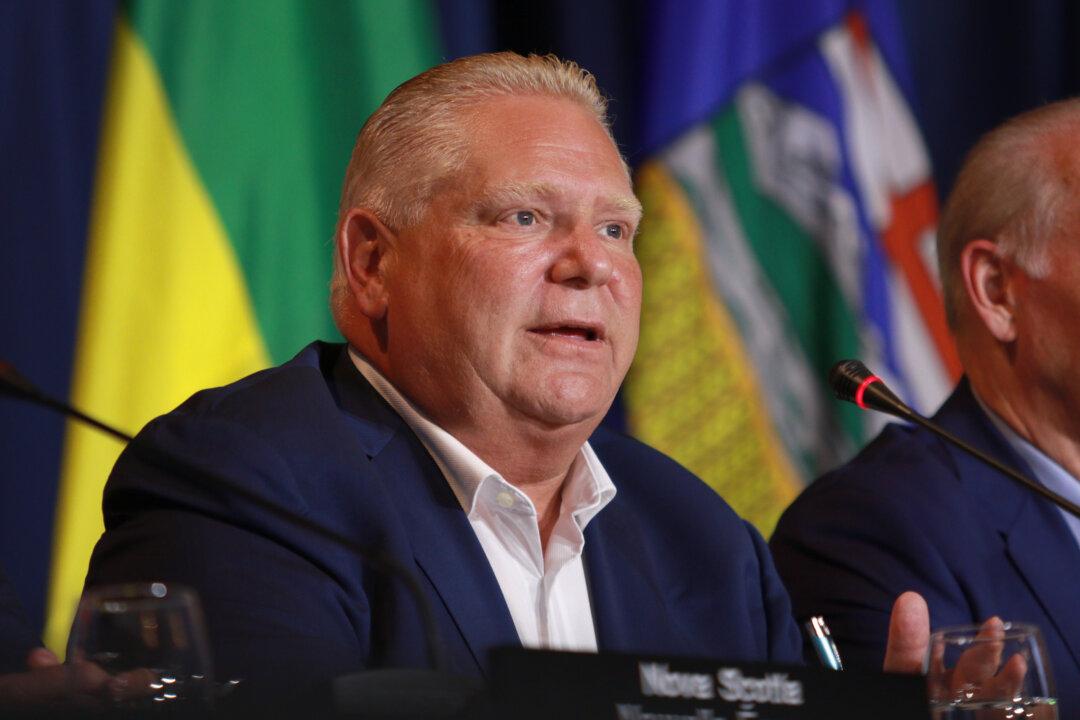The Ontario government led by Premier Doug Ford will end up outspending its Liberal predecessor Kathleen Wynne, and increase provincial debt despite its pre-election promises to cut spending, balance the budget, and shrink government debt, a new study shows.
“When in opposition, the PCs (Progressive Conservatives) frequently criticized the Liberal government’s spending, but now the Ford government plans to actually spend more than the Wynne government ever did,” study co-author Ben Eisen, senior fellow at the Fraser Institute, said in an Aug. 4 press release.





